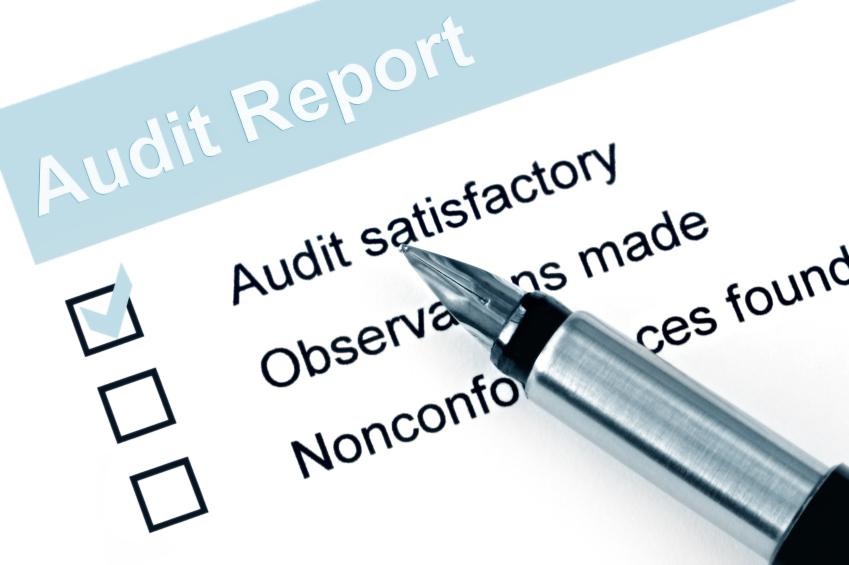One reason auditing firms don’t embrace change is that they can’t always see the negative impact of clinging to the status quo—which, as we all know, can be quite comfortable.
But consider this for a moment: Do you make sure your vehicle’s oil is changed every 3,000-5,000 miles? What would happen if you didn’t? How many miles could you drive before you had a problem?
When you maintain the status quo at your firm long enough to become detrimental to your success, the result isn’t typically an obvious or immediate catastrophe waiting to strike at some ill-timed moment—as when you neglect routine maintenance on your automobile.
Instead, when your modus operandi goes unchecked beyond that 5,000 mile limit, anything that might be gumming up your process could go unnoticed for some time. It’s not until the catastrophe strikes (for instance, losing a ton of data on an audit or, worse, seeing a staff member or client abandon ship) that you feel compelled to spring into action.
But why wait? Why be proactive in preventing issues with your car, an easily replaceable asset, yet reactive in addressing issues with your audit workflow, where replacing staff or clients is much harder?
Use this quick diagnostic test to see if you might be past due for some audit business maintenance:
- Do you ensure that you have internet access available in the field for ALL audit engagements?
- Are you using risk-based auditing tools to customize your procedures?
- Do you have regular (i.e. monthly) staff meetings to discuss the successes and challenges of your audit workflow, resulting in clear action steps being taken to improve how you work?
- Is there a firm-wide standard for your audit workflow processes that promotes the principles of effective engagement management and is adhered to by everyone?
- Is your audit software cloud-based?
- Have you lost significant time on an audit within the last year due to technical challenges?
- Are you concerned that your firm might be “over-auditing”?
- Have you lost any audit staff or clients within the last year, and don’t know why?
- Are you or your staff ever stuck waiting for files to get checked in before you can proceed with work?
- Do you have to manually reach out to people to get status updates on their work?
If you answered questions 1-5 as “yes” and questions 6-10 as “no,” then you’re in pretty good shape! However, if that’s not the case then there’s a decent chance you could uncover some real opportunity for improvement if you took a step back and did an honest assessment of your audit workflow.
The best way to approach this is to get an expert to help. You trust an experienced automotive expert to change the oil in your car, don’t you? (Well, most of you do, anyway!)
I recently had the pleasure of speaking with two experts in our profession who regularly help firms improve their processes: Sandra Wiley and Dustin Hostetler, of Boomer Consulting. Sandra and Dustin shared the following insightful comments when I asked them what firms need to do today—but aren’t doing—to ensure future success.
“You have to slow down to go fast,” Sandra told me. “If you don’t take time to stop and think and plan for the future and what you need to go forward, you’ll fall behind your competition and start to decline.”
“There’s no doubt that firms who are happy maintaining the status quo year-to-year are significantly falling behind,” was Dustin’s take. “The external environment and technology are changing rapidly—it’s just no longer effective to be happy with the status quo. Leading firms understand this and embody a culture and mindset of continuous improvement at every level.”
——————
Matt Towers joined the Thomson Reuters Tax & Accounting in 2000. He’s worked intimately with Thomson Reuters audit and engagement products for his entire tenure at the company, including stints in support, sales, training and consulting and technical sales (sales engineering). In Matt’s current role, he manages the audit and engagement product lines. He’s primary responsible for collecting and analyzing market data and clearly communicating findings and recommendations from that data to help successfully guide the development, sales process, marketing, training and support services of all audit and engagement products.
Thanks for reading CPA Practice Advisor!
Subscribe Already registered? Log In
Need more information? Read the FAQs
Tags: Auditing, Firm Management




